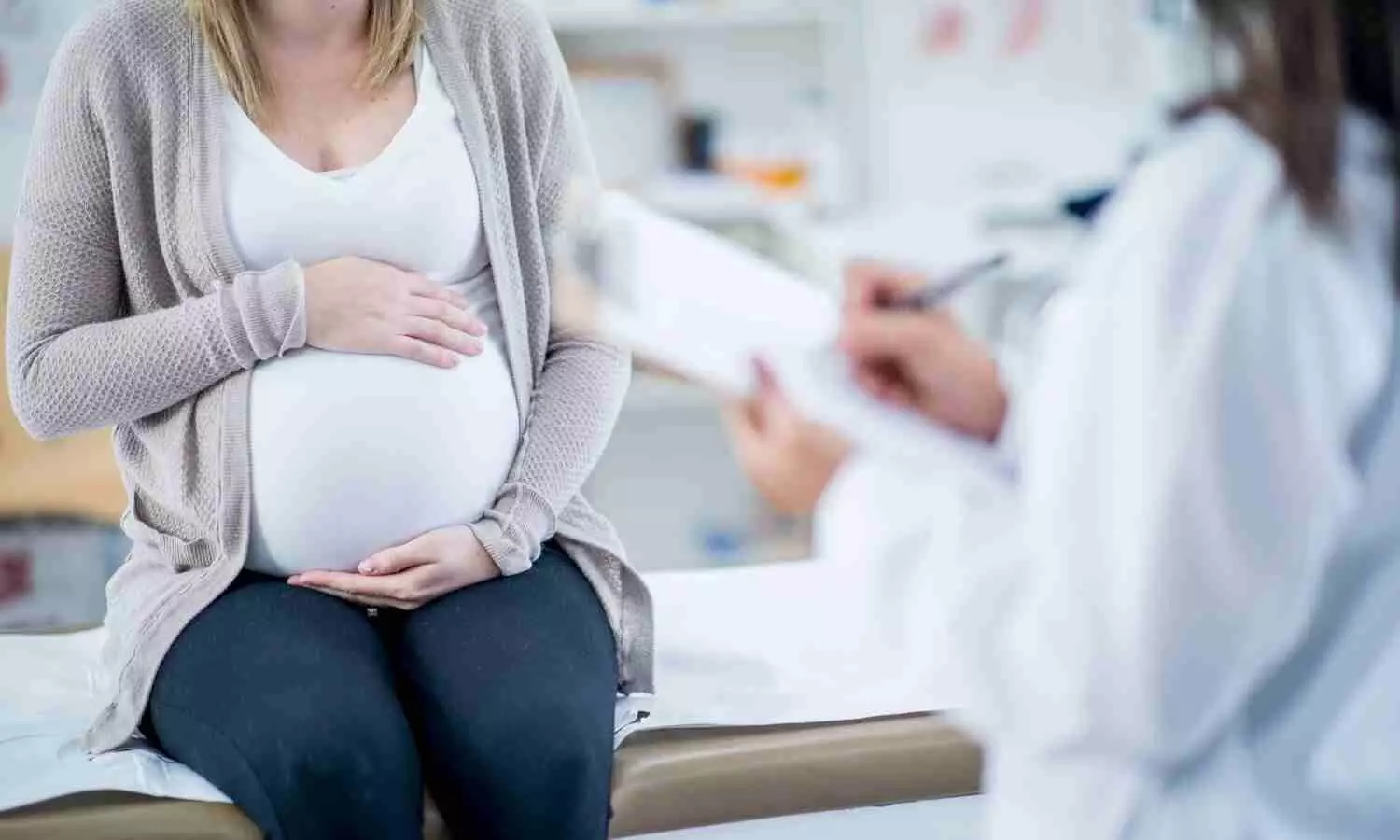COVID-19 Infection During Pregnancy Associated with Lower risk of Long COVID, finds study

A recent study by the Researching COVID to Enhance Recovery (RECOVER) Initiative unveiled significant findings regarding the post-acute sequelae of SARS-CoV-2 infection (PASC), commonly known as Long COVID in pregnant women. The study published in the Lancet eClinicalMedicine analyzed electronic health records from 19 U.S. health systems and indicated that women who contracted COVID-19 during pregnancy underwent a lower incidence of Long COVID when compared to those who were infected outside of pregnancy.
This retrospective cohort analysis focused on females aged 18 to 49 with lab-confirmed SARS-CoV-2 infection between March 2020 and June 2022. The research utilized data from the Patient-Centred Clinical Research Network (PCORnet) and identified pregnant women who delivered at gestation over 20 weeks. The primary outcome assessed was the development of PASC which was defined using a computable phenotype in the PCORnet dataset, occurring 30 to 180 days post-infection.
Out of 83,915 non-pregnant women who had contracted COVID-19, 33.9% developed PASC. In contrast, among the 5,397 women who were infected during pregnancy, only 25.5% experienced Long COVID symptoms. After adjusting for baseline differences using inverse probability of treatment weighting, the adjusted hazard ratio (aHR) indicated a 15% lower risk (aHR 0.85, 95% CI 0.80–0.91) of developing PASC in the pregnant group.
Despite the overall reduced risk of Long COVID, this study found that pregnant women had a higher likelihood of certain PASC-related conditions. These included abnormal heartbeat (aHR 1.67), abdominal pain (aHR 1.34) and thromboembolism (aHR 1.88). Also, they had a reduced risk of undergoing symptoms such as malaise (aHR 0.35), pharyngitis (aHR 0.36) and cognitive problems (aHR 0.39).
These findings provide pivotal insights for clinicians and pregnant individuals where the reduced risk of Long COVID among pregnant women may influence clinical advice and treatment plans for expectant mothers. However, the increased incidence of specific conditions like abnormal heartbeat and thromboembolism underlines the need for targeted monitoring and intervention.
The study emphasizes the importance of continued research into the long-term impacts of COVID-19 in vulnerable populations such as pregnant women. Future prospective studies are imperative to validate these findings and to explore the mechanisms underlying the differential risk of PASC in pregnancy.
Source:
Bruno, A. M., Zang, C., Xu, Z., Wang, F., Weiner, M. G., Guthe, N., Fitzgerald, M., Kaushal, R., Carton, T. W., & Metz, T. D. (2024). Association between acquiring SARS-CoV-2 during pregnancy and post-acute sequelae of SARS-CoV-2 infection: RECOVER electronic health record cohort analysis. In eClinicalMedicine (Vol. 73, p. 102654). Elsevier BV. https://doi.org/10.1016/j.eclinm.2024.102654



